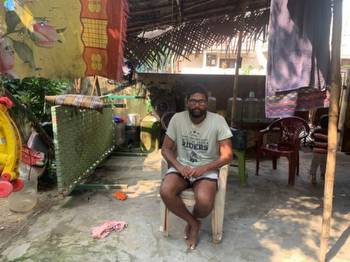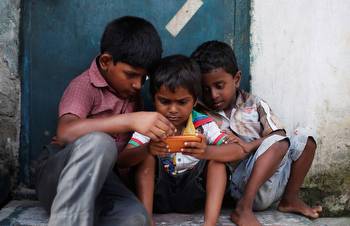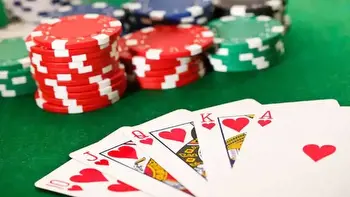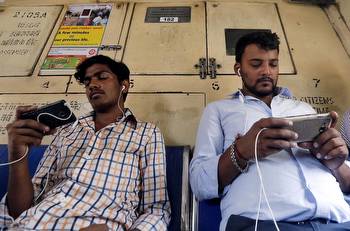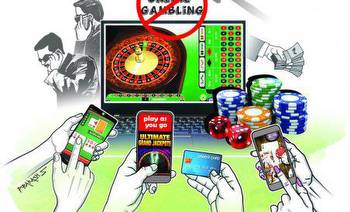Indian companies place large bets on internet games, rising gambling

Faisal Maqbool is still battling temptation months after he stopped playing online games on his smartphone.
Last year, while playing an online card game, the 31-year-old, who works as a project coordinator for a construction firm, lost about 400,000 rupees in five months.
These are multi-player games in which you are dealt a hand of cards and asked to wager.
He used to lose roughly 70% of his monthly $500 salary on online games, causing him to borrow money from friends.
He is one of the millions of Indians who are taken in by what are known as Real Money Games (RMGs), which are wagering games.
According to the E-Gaming Federation of India (EGF), an industry organization promotes for self-regulation of the burgeoning sector.
These widely accessible games account for approximately 80% of the country’s online gaming business.
“You start with 500 or 1,000 rupees. Then greed overpowers you and you bet more and more till you get sucked in. You keep playing because you want to win back the money you lost. But you keep losing,” Mr Maqbool says.
Siddhartha Iyer is a Supreme Court lawyer who has been fighting to ban and block such websites.
He says, “Whatever the online game, ultimately they are wagering money against the happening or non-happening of an event which is not in our control. It all remains uncertain and by its nature is gambling.”
Gambling is prohibited in India.
Such games have been outlawed in some Indian states, including Odisha, Andhra Pradesh, and Telangana, citing mental health and addiction issues.
Courts have overturned state restrictions in places like Kerala and Karnataka.
The country’s Supreme Court is now hearing a number of petitions on the subject.
MK Stalin, the Chief Minister of Tamil Nadu, has consistently called for a ban on such games.
The state government has stated that it will prohibit online gambling.













